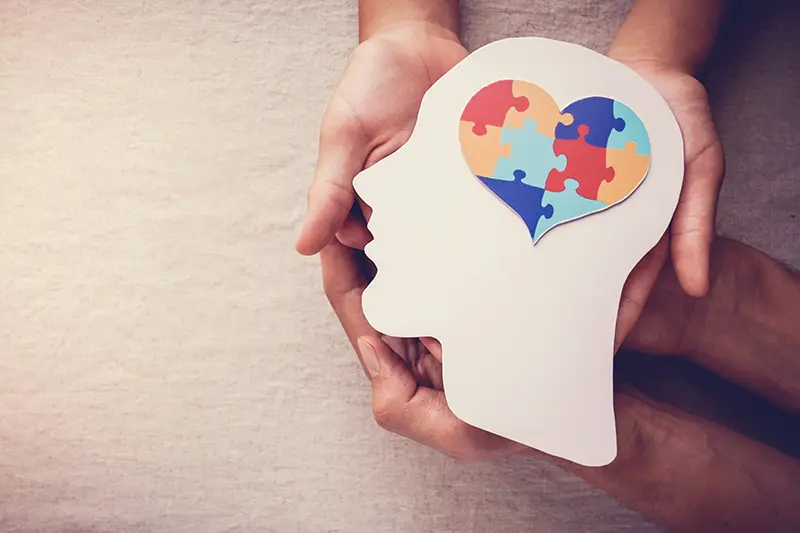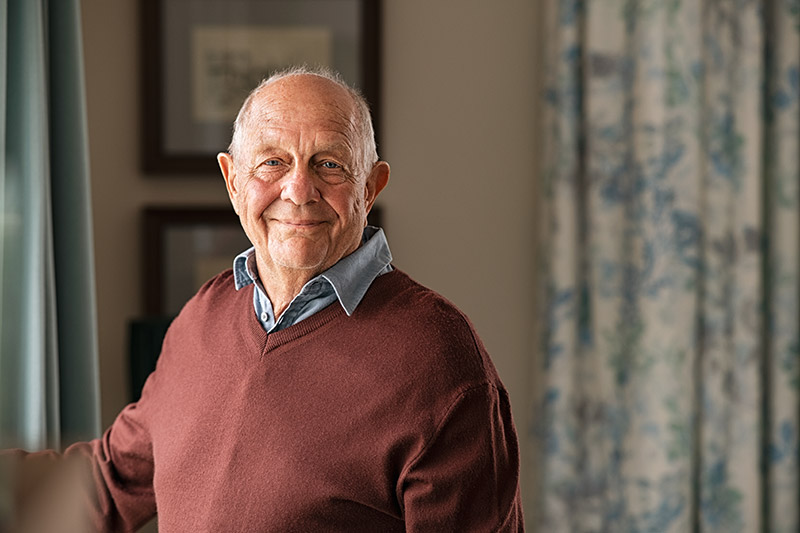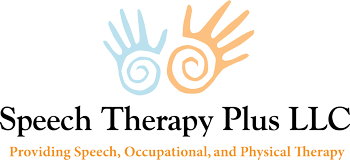Adult Speech Therapy Services
Expert evaluation, diagnosis, and treatment for:
Aphasia Following A Stroke
Following a stroke it may be difficult to understand what others are saying. It may be difficult to write or comprehend while reading. This is a common communication problem known as Aphasia. Aphasia is a symptom of brain damage. The symptoms depend upon what part of the brain has been injured. Basically there are four broad categories.
Expressive Aphasia: You are unable to find the words for what you want to say.
Receptive Aphasia: Listening or reading is difficult for you to comprehend.
Anomic or Amnesia Aphasia: Least severe form. Difficulty using the correct names for people, place, events or objects.
Global Aphasia: Most severe form. Unable to speak or understand speech, in addition to not being able to read or write. This is from widespread damage to the language parts of the brain.

DYSPHAGIA (SWALLOWING DISORDERS)
Difficulty in the passage of liquids or solids from the mouth to the stomach, lack of pharyngeal sensation, or other problems with the swallowing mechanism. There can be a limited awareness or even lack of symptoms. However, the most common symptom is the feeling of something being “stuck” and being unable to swallow solid food. Undiagnosed or untreated patients with dyshpagia can have a risk of pulmonary aspiration and aspiration pneumonia secondary to liquids or foods going into the lungs. People having difficulty swallowing are often unaware that they my have Dysphagia.

HEARING IMPAIRMENT
Partial or total inability to hear, also referred to as hearing loss. This can occur in one or both ears and can be temporary or permanent. Hearing impairment or loss can be caused by several factors, such as genetics, aging, damage to the inner ear, a buildup of earwax, infections, medications, toxins or a ruptured eardrum. The most common cause of hearing impairment in adults is noise and aging. Although this can be embarrassing and frustrating, there are treatments to help which include hearing aids, cochlear implants, assistive listening devices and lipreading or speech reading.

LANGUAGE IMPAIRMENT
There are a variety of reasons an adult may experience language difficulties. It can be caused by a medical problem or have no known cause. Examples include difficulties in pronunciation, articulation and stuttering. One may have trouble sharing thoughts, ideas or understanding others. This can make it difficult in the workplace, for example, finishing projects and communicating with coworkers. Adults with language impairments can benefit from speech therapy.
COGNITIVE COMMUNICATION DEFICITS
Problems with communication that have an underlying cause is known as cognitive communication deficit. It can vary in severity. An individual with a more severe deficit may not be able to while a more severe deficit and individual may not be able to communicate at all. A person may have difficulty in conversing with others, understanding the topic of conversation or clearly expressing their thoughts. This would include, not being able to respond in an appropriate manner and taking into consideration others feelings concerning a touchy subject. Some may have trouble reading and writing. This can be treated by a speech therapist with a variety of techniques. The main goals addressed by these techniques is compensation for the deficit, restore function and educate the family about the deficit and treatments. Some of the causes of cognitive communication deficit are:
- Traumatic Brain Injury
- Dementia
- Degenerative Diseases (ALS, Parkinson’s, Multiple Sclerosis)

Voice Disorders
Voice disorders are characterized by a consistent or inconsistent change in the voice such as laryngitis, muscle tension dysphonia, spasmodic dysphonia/vocal tremor (neurological disorder), vocal cord dysfunction, vocal cord lesions, vocal cord paralysis. Voice therapy helps people with voice disorders change vocal behaviors, heal and protect their vocal chords. Our providers are trained in LSVT, Resonant Voice Therapy, Stretch and Flow Phonation, and Estill voice Training to help recover and strengthen the voice.

*Now accepting Medicare
